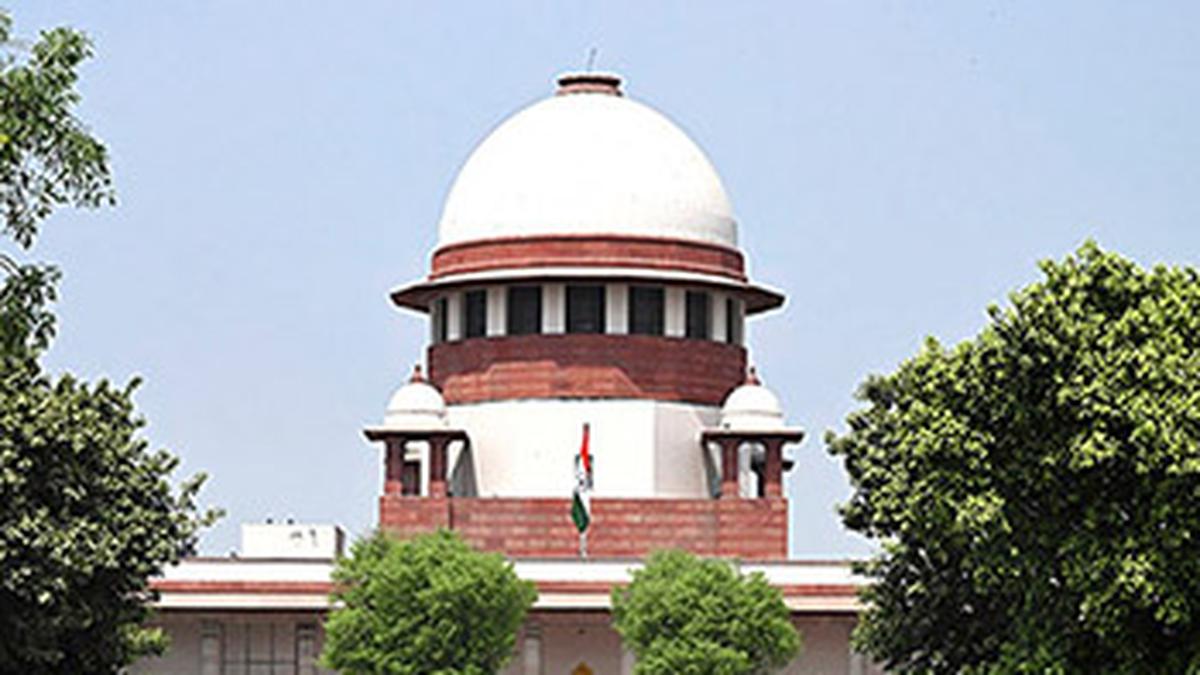Now Reading: Supreme Court Directs ECI to Recognize Aadhaar as 12th Document
-
01
Supreme Court Directs ECI to Recognize Aadhaar as 12th Document
Supreme Court Directs ECI to Recognize Aadhaar as 12th Document

Quick Summary
- Supreme Court Directive: On September 8, 2025, the Supreme Court directed the Election Commission of India (ECI) to include aadhaar as a valid proof of identity during Bihar’s Special Intensive Revision (SIR) electoral roll process.
- Purpose of Aadhaar Use: The court clarified that Aadhaar is strictly for proving identity or residence and not evidence of Indian citizenship.
- Issues Raised: Senior advocate Kapil Sibal alleged non-compliance by Booth Level Officers (BLOs), stating that officers continued to refuse Aadhaar despite court orders and were penalized for accepting it.
- ECI Position: ECI claimed over 99% excluded voters had already submitted their claims using one of the existing documents, countering allegations about lack of document availability. they stated no ample ground-level errors were reported with the SIR process.
- Deadline Flexibility: Although originally set for september 1, ECI extended the deadline indefinitely for claims and objections regarding inclusion/exclusion from electoral rolls in Bihar.
- Next Steps: The court asked ECI to widely publicize its order allowing Aadhaar submissions so aggrieved voters could file necessary claims; further hearing was scheduled for September 15.
Indian Opinion Analysis
The Supreme Court’s decision to allow Aadhaar as an additional proof of identity in Bihar’s ongoing voter roll revision injects clarity into a contentious process but also highlights challenges in coordinating ground-level implementation. While judicial intervention aligns with recent trends supporting document inclusivity under election rules, BLO resistance reveals operational friction that could erode confidence among affected citizens.
On one hand, statutory limits on what constitutes reliable citizenship proof-such as passports-stand unchanged even with this ruling, preserving safeguards against misuse during voter registration exercises.Though, complaints about non-compliance by BLOs present administrative hurdles requiring proactive measures by the Election Commission to ensure adherence across districts.
With approximately 65 lakh individuals excluded from initial drafts, expanding acceptable identity proofs like Aadhaar could improve accessibility for affected populations without compromising procedural integrity if properly verified-a point emphasized during proceedings. Effective information dissemination and clear instructions from ECI are thus crucial steps toward fulfilling both compliance mandates and democratic inclusion goals ahead of poll preparations in Bihar.
Read more: The Hindu






















